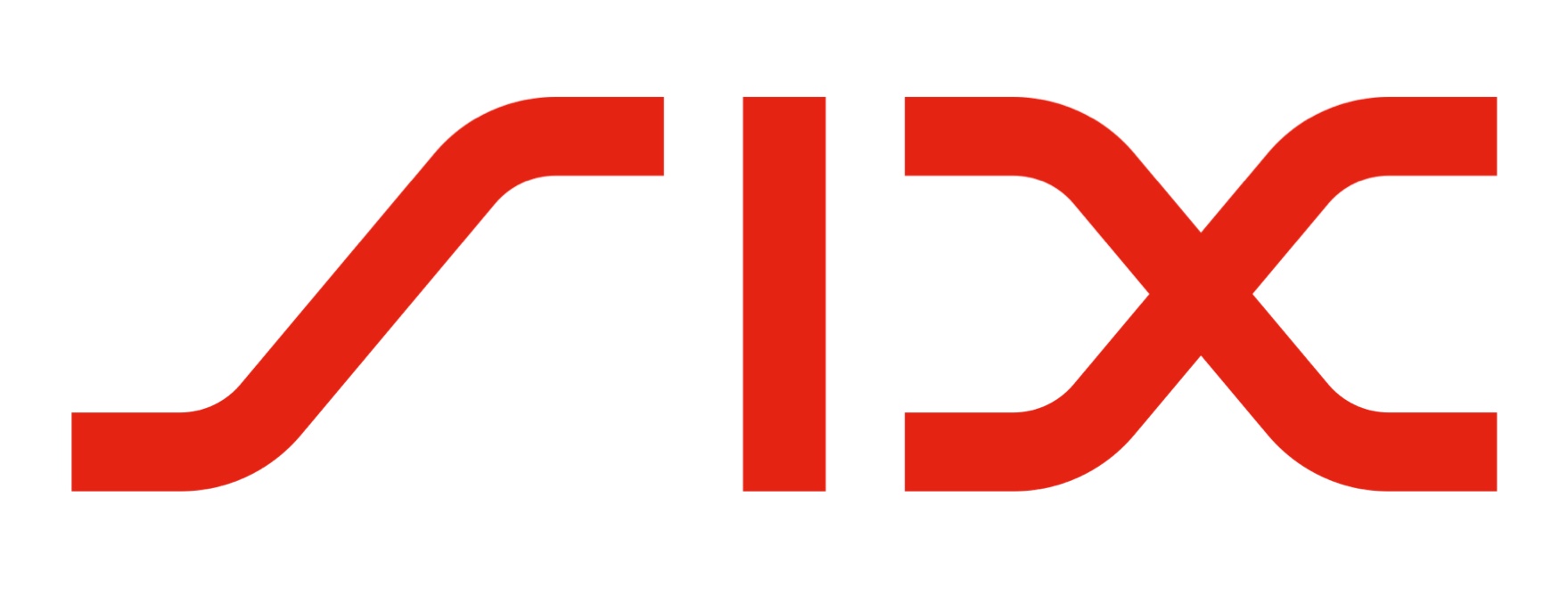With the European Commission (EC) clamping down on systemic risk at third country CCPs (central counterparty clearing houses), financial institutions are looking for ways to shift their interest rate swap clearing activities into the EU. Meet Brendon Bambury, Head Sales and Relationship Management for the UK, Nordics & Benelux at SIX, for a current look.

Although the UK has CCP equivalence until June 2025, the EU has made it no secret that it wants to reduce the deep rooted reliance of EU financial institutions on systemically important non-EU CCPs – known as tier 2 CCPs.
So what is the EU doing?
In December 2022, the EC published a number of proposals to revise EMIR (European Market Infrastructure Regulation). These included proposals to mandate the set up of active accounts at EU CCPs for EU counterparties and a requirement to clear a certain proportion of their euro (and Polish Zloty) denominated interest rate swap portfolios (in addition to euro denominated credit default swaps and short-term interest rate swaps) at EU CCPs.
Not only will this help reduce systemic risk, but the EU argues the rule-changes will boost competitiveness and improve liquidity at EU CCPs.
“As things stand, circa of 90% of euro denominated interest rate swaps are cleared at a UK CCP, which the EU – in light of Brexit – has decided is a potential source of systemic risk. Although it is still unknown what proportion of cleared trades will need to be moved to EU CCPs as part of the EMIR 3.0 proposals, it is evident that the EU wants to reduce the systemic importance of this particular UK CCP to the bloc’s financial system. It must therefore be assumed that the proportion of cleared trades destined to be cleared at EU CCPs will be significant,” commented Brendon Bambury, Head Sales and Relationship Management (UK, Nordics & Benelux), SIX.
He continued: “Euro denominated interest rate swaps will be among the products most impacted by the EMIR 3 proposals. Our conservative estimates suggest that EUR 20 trillion of gross notional in euro denominated interest rate swaps – corresponding to 30% of the total euro denominated interest rate swap market, cleared by European counterparties, could be in scope for a mandatory move to EU CCPs, as a result of these changes.”
Moving forward, the European Securities and Markets Authority (ESMA) will be entrusted with developing the regulatory technical standards on the exact proportion of activity for each class of derivative that will require an active account.
So what do impacted firms need to do?
“Affected counterparties will need to engage with EU CCPs, which have extensive experience of clearing interest rate swaps. The direction of travel that the EU is taking is obvious for all to see. Porting euro denominated interest rate swap clearing activities to EU-based CCPs will provide firms with much needed regulatory certainty ahead of 2025. This is something which SIX – through its CCP in Spain – can help facilitate. We provide regulatory certainty for the clearing community in light of this changing European regulatory landscape” concluded Bambury.











